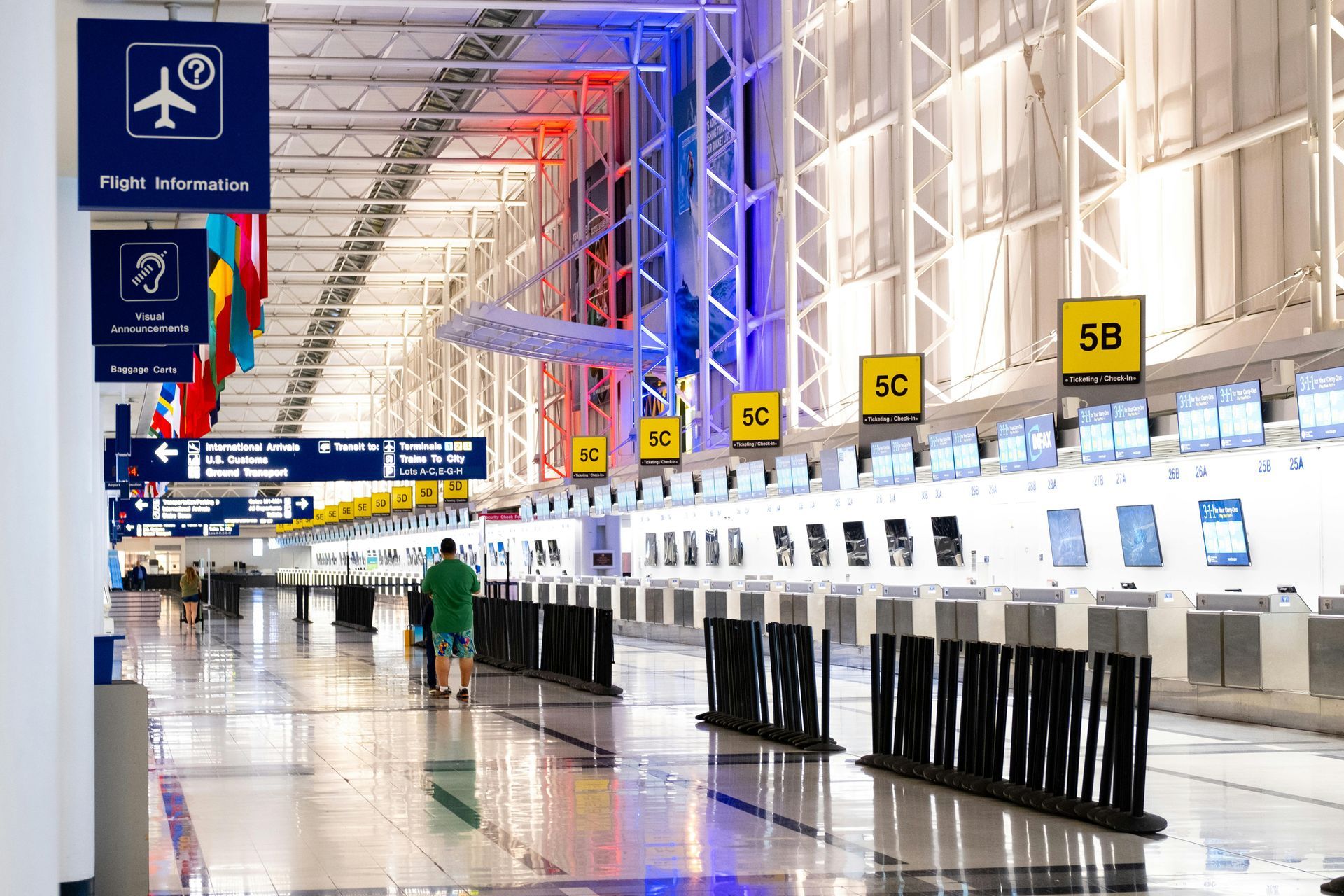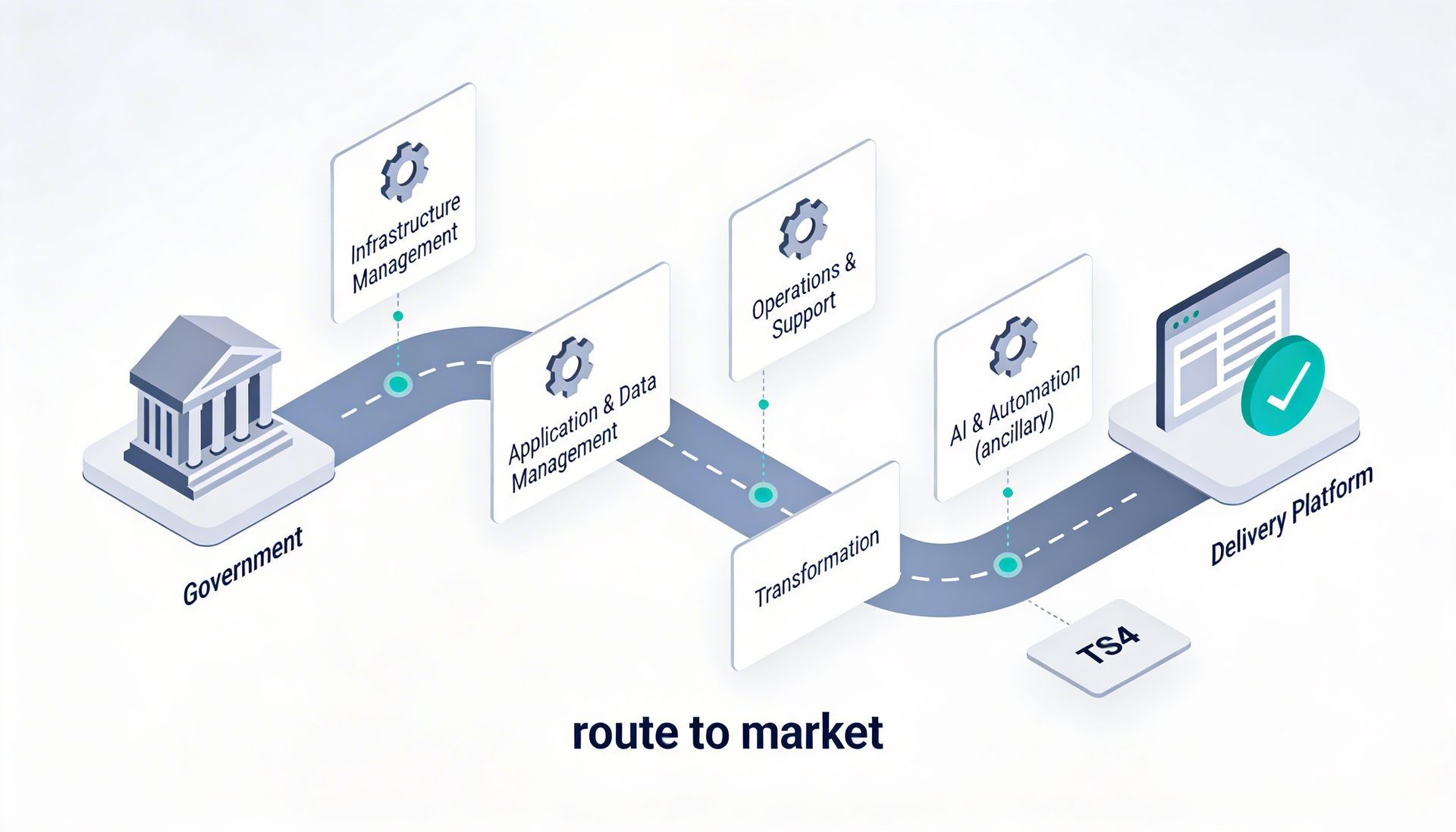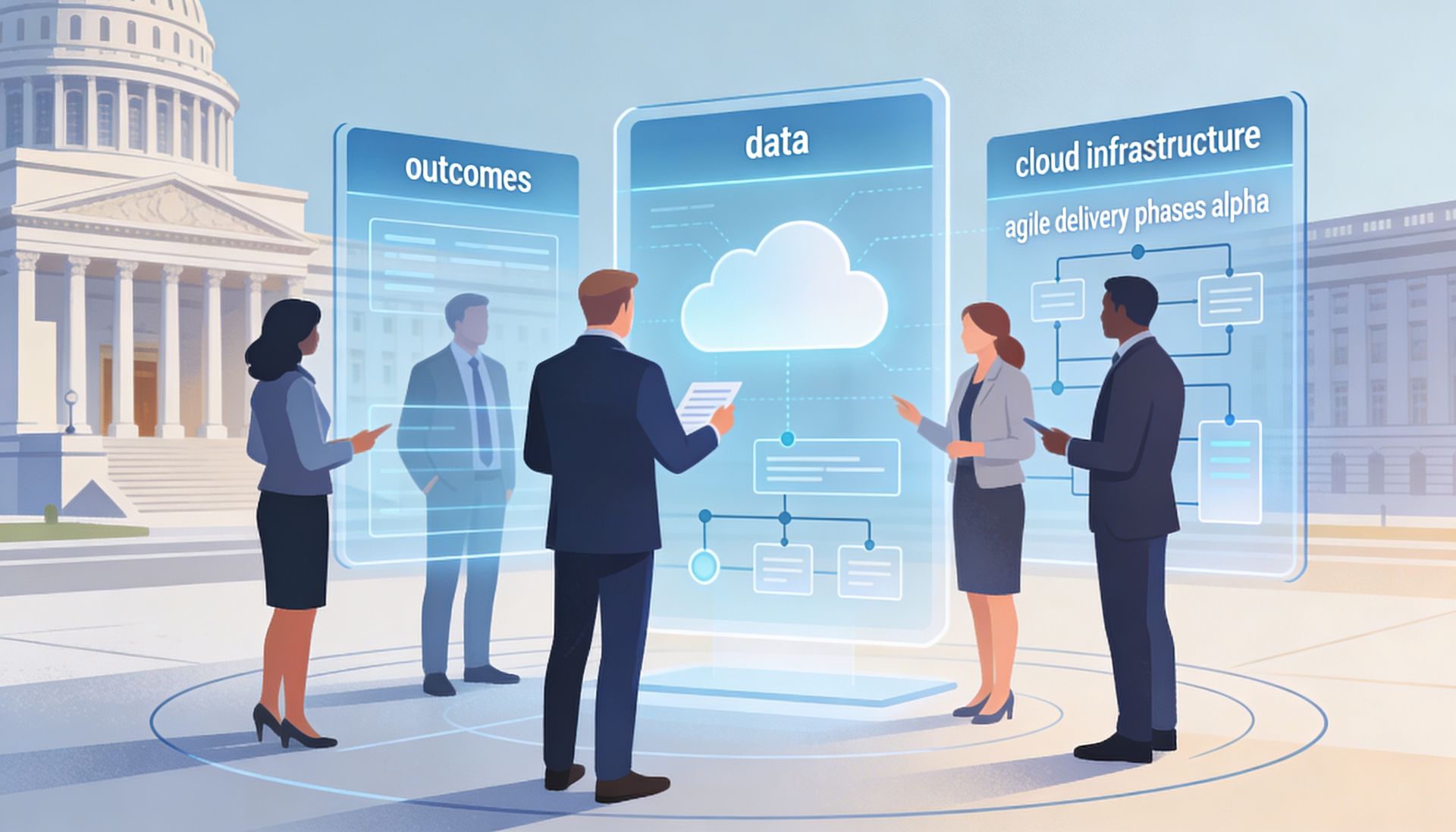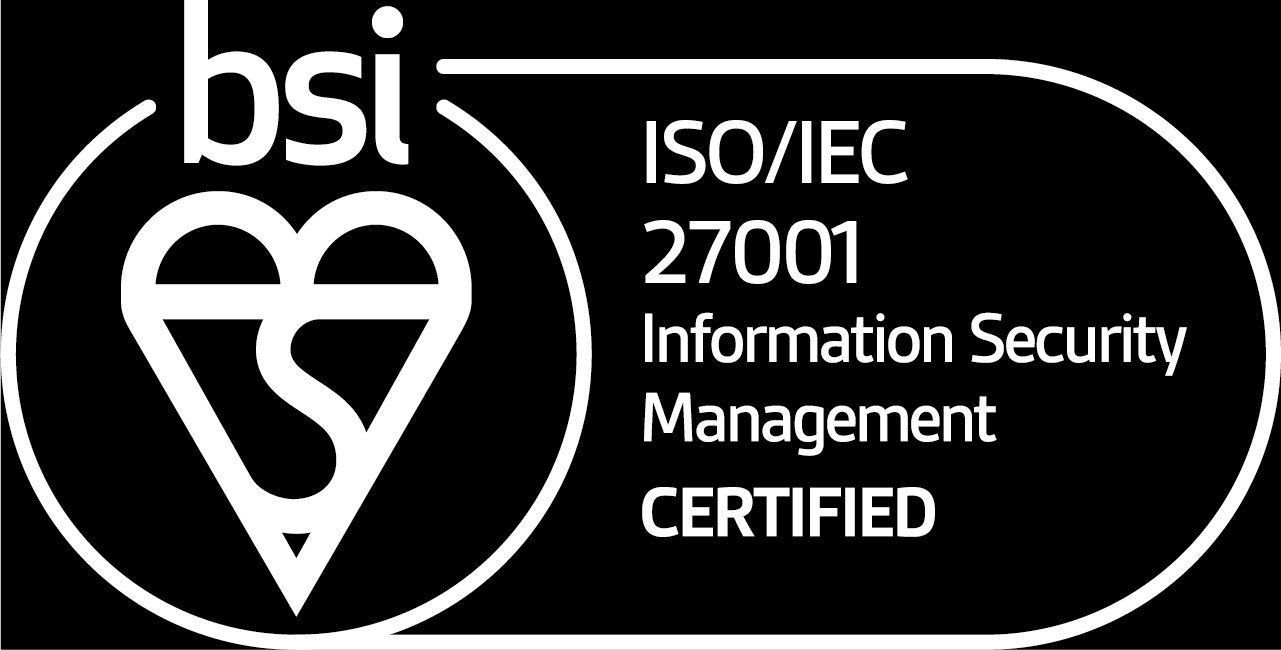Europe's Airport Chaos: Ransomware Grounds the Aviation Industry
Travellers across Europe are facing significant delays and disruptions as a ransomware attack on a critical aviation software provider brings manual check-in processes back to major airports. The European Union Agency for Cybersecurity (ENISA) has confirmed that ransomware is behind the ongoing chaos affecting airports from London to Brussels, highlighting the vulnerability of critical infrastructure to cyber attacks.

The Attack Unfolds
The ransomware attack has targeted Collins Aerospace, a US-based company that provides essential check-in and baggage processing software to airports worldwide. Collins Aerospace's ARINC SelfServ cMUSE software is used by airport staff to process traveller check-ins and bag drop functions at some of Europe's busiest airports.
The affected airports include:
- London Heathrow
- Berlin Brandenburg
- Brussels Airport
- Dublin Airport
- Cork Airport
Collins Aerospace, owned by defence contractor RTX (which also oversees military contractor Raytheon Intelligence & Space), confirmed the cyber attack on Friday evening, but the full extent and nature of the breach are still being investigated.
The Ripple Effect of Critical System Failure
The attack has forced airport staff to revert to manual operations, creating significant bottlenecks in what are normally streamlined digital processes. At Brussels Airport, the situation became so severe that airlines were asked to cancel nearly half of their Monday flights.
According to FlightAware data:
- Brussels had 18 flights cancelled (6%) and 23 delayed (8%)
- Berlin Brandenburg recorded seven cancellations
- Heathrow experienced six cancellations and 40 delays
Whilst Heathrow has managed to maintain near-normal operations through contingency procedures, other airports have struggled more significantly with the manual processes required to replace the compromised digital systems.
A Textbook Example of Supply Chain Vulnerability
This incident perfectly illustrates how a single point of failure in the technology supply chain can create widespread disruption across multiple organisations and countries. Collins Aerospace's software serves as critical infrastructure for numerous airports, meaning that when their systems are compromised, the effects cascade across the entire European aviation network.
The attack demonstrates several concerning trends in modern cyber warfare:
Critical Infrastructure Targeting: Attackers are increasingly focusing on systems that support essential services, knowing that the pressure to restore operations quickly can lead to ransom payments.
Supply Chain Exploitation: Rather than attacking individual airports, cybercriminals have targeted a shared service provider, maximising their impact with a single breach.
Operational Disruption Over Data Theft: This ransomware attack appears focused on disrupting operations rather than stealing sensitive data, reflecting a shift in attacker priorities towards causing maximum business impact.
Manual Operations: A Temporary Solution
The return to manual check-in processes has provided a stark reminder of how dependent the aviation industry has become on digital systems. Whilst airports have managed to maintain operations through manual procedures, the reduced efficiency is evident in the extended processing times and passenger delays.
Airport authorities are encouraging passengers to use online self-check-in and self-service bag drop systems where possible to reduce the load on manual systems. However, the incident raises questions about contingency planning and whether sufficient manual backup procedures are in place for critical operations.
Industry-Wide Implications
This attack on Collins Aerospace is part of a broader trend of ransomware groups targeting critical infrastructure providers. The aviation industry, with its complex interconnected systems and low tolerance for downtime, presents an attractive target for cybercriminals.
The incident highlights several key vulnerabilities in the aviation sector:
Concentration Risk: When multiple airports rely on the same software provider, a single attack can cause widespread disruption.
Legacy Systems: Aviation systems often run on older technologies that may not have been designed with modern cybersecurity threats in mind.
Operational Pressure: The aviation industry's need for continuous operation creates pressure to restore systems quickly, potentially making organisations more likely to pay ransoms.
The Path Forward
As the industry works to recover from this latest attack, several lessons emerge for aviation organisations and their technology providers:
Diversification: Airports and airlines should consider diversifying their technology providers to reduce single points of failure.
Enhanced Security Requirements: Procurement processes should include rigorous cybersecurity assessments of critical software providers.
Improved Contingency Planning: Manual backup procedures must be regularly tested and updated to ensure they can handle extended outages.
Information Sharing: Better coordination between airports, airlines, and security agencies can help identify and respond to emerging threats more quickly.
No End in Sight
At the time of writing, there is no clear timeline for when Collins Aerospace's systems will be fully restored. Brussels Airport has stated that "it is still unclear when the issue will be resolved," whilst affected airports continue to operate with reduced capacity and extended processing times.
The lack of a claimed responsibility for the attack adds another layer of uncertainty to the situation. Without knowing the specific ransomware group involved or their demands, it's difficult to predict how long the disruption will continue.
Is Your Organisation Ready?
Whether you operate in aviation or any other critical sector, the Collins Aerospace attack demonstrates how quickly cyber threats can disrupt operations and affect thousands of people. Are your systems and supply chain partners adequately protected?
At Altiatech, we specialise in cybersecurity solutions for organisations that cannot afford downtime. Our comprehensive approach includes:
Critical Infrastructure Protection: Specialised security measures for systems that support essential operations
Supply Chain Security: Assessment and monitoring of third-party providers who could impact your operations
Ransomware Defence: Multi-layered protection strategies designed to prevent, detect, and respond to ransomware attacks
Business Continuity Planning: Detailed procedures to maintain operations when primary systems are compromised
24/7 Monitoring: Continuous oversight of your security environment to detect and respond to threats before they cause disruption
Don't wait for a cyber attack to test your resilience. Contact Altiatech today to ensure your critical systems remain operational when others are forced offline.
Get in touch:
- Email: innovate@altiatech.com
- Phone (UK): +44 (0)330 332 5482
Because when critical infrastructure fails, the consequences extend far beyond IT systems—they affect real people, real journeys, and real business operations. Let us help you stay operational when others cannot.
Ready to move from ideas to delivery?
Whether you’re planning a cloud change, security uplift, cost governance initiative or a digital delivery programme, we can help you shape the scope and the right route to market.
Email:
innovate@altiatech.com or call
0330 332 5842 (Mon–Fri, 9am–5:30pm).
Main contact page: https://www.altiatech.com/contact













